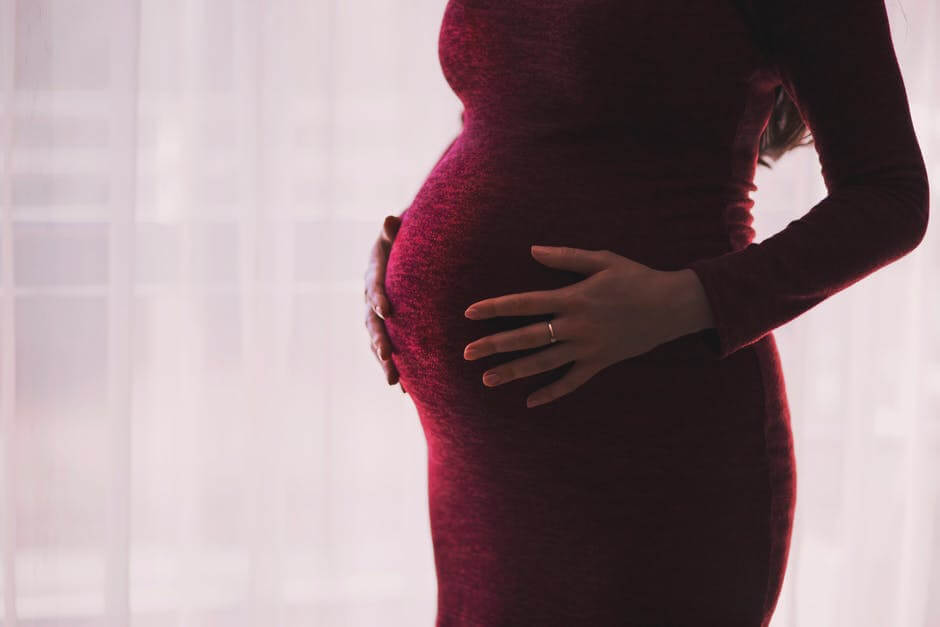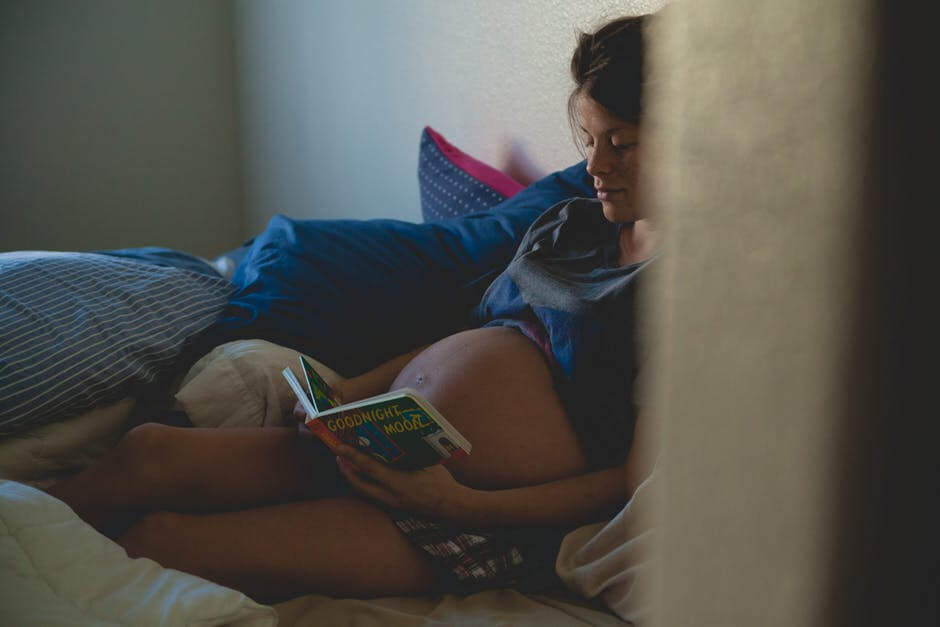10 Incredible Things that Babies Do in the Uterus

Pregnancy is one of the most beautiful experiences that a woman can live. Feeling how your baby develops and grows while in the uterus, how he evolves little by little, even how he kicks, is a indescribable sensation. It is something that can only be understood by a pregnant woman, and it creates a great sort of sisterhood among us.
What many future mothers don’t know is that their baby can do incredible things while in the womb: Rotations that can only be seen through ultrasounds, but that can be felt by the pregnant mother. After 18 weeks, for example, the mother can feel the movement of her baby’s elbows and hands. This will continue until the baby is born.
Also, thanks to technological advances, it’s getting easier and easier to observe the fetus in greater detail. In many gynecological examinations, other types of movement can be seen, some of which are very interesting.
What other movements does my baby make while in the uterus?
Your baby gets the hiccups
Fetal hiccups are your child’s way of preparing to breathe. Upon being born, your baby will have to adapt to breathing outside the womb, and this requires prior training. Pregnant mothers usually feel a light rhythmic tickle until approximately the 27th week of pregnancy. In some cases, these movements can be felt until just before labor.
Your baby sucks his thumb
Suction is an innate reflex. It is a way in which the baby trains in order to learn to nurse, the activity that will serve to nourish him during his first months of life. This in-utero suctioning starts occurring from week 18 and on, when the baby measures about 14 centimeters.
Your baby drinks amniotic fluid
Amniotic liquid is responsible for helping your baby’s digestive system. It forms during the fourth week of pregnancy and it serves to feed the fetus, keep it warm, and protect it.
At week 15, the baby begins to develop her sense of taste and can taste the foods that her mother ingests, although she cannot distinguish them. Developing babies tend to swallow more liquid when their mother has eaten sweet foods, and less liquid when mom has eaten bitter foods.
Your baby can sneeze
Starting at week 10 of gestation, the fetus begins to sneeze. This reflex doesn’t appear until your baby’s smell receptors have been developed. Any small molecule that he perceives through his breathing can provoke this involuntary spasm.

Your baby smiles and cries
Crying can be observed in ultrasounds, as the baby’s lower lip can be seen trembling. Also, since babies begin to gesticulate at week 28, your baby can also smile. Both expressions, as well as yawning, will be the expressions you see most often once your baby is born.
Your baby can open her eyes
While your baby can already move her eyes as soon as 16 weeks of gestations, she will not open them until week 26. She can’t see very much, as she finds herself in the darkness of the uterus, but she can perceive some reflections.
For example your baby can see light that passes through the abdomen, which she usually doesn’t like. In cases of bright light, your baby will usually turn around or even cover her eyes with her hands.
Your baby recognizes his mother’s voice
During the 19th week of gestation, your child starts to fine tune his hearing. This is due to the development of your baby’s brain, and it allows him to hear his mother’s voice. Specialists recommend that you speak or sing to your unborn baby so that he can recognize his parents’ voices after he is born. This will help your newborn feel more protected once he is outside of his mother’s womb.
Never in your life will you find a better or more unselfish love than that of your mother
-Honoré de Balzac-

Your baby urinates within the uterus
Babies begin to urinate at week 12 of pregnancy. This is the way in which their kidneys begin to filter fluids and get rid of toxins. The functioning of the kidneys allow the fetus to supply its own amniotic fluid, as the amniotic fluid surrounding your baby is actually composed of about 90% urine.
This provides your baby with proteins, liquids, urea and other components that help in her development.
Your baby dreams
Unborn babies have the ability to dream. Starting at 30 weeks of gestation, your baby can go into REM sleep, also known as active dreaming. During month eight, a sort of sleep alternation can be observed.
At some points, the fetus is more calm and her heart beats more slowly; in others, the heart rate speeds up and the child’s body agitates. This is a good sign that the baby’s electric brain activity is functioning adequately.
All cited sources were thoroughly reviewed by our team to ensure their quality, reliability, currency, and validity. The bibliography of this article was considered reliable and of academic or scientific accuracy.
- Zaragozano, J. F. El hipo,¿ un signo inane en pediatría?. PediatríaIntegral, 361.
- Madar, H., Brun, S., Coatleven, F., Chabanier, P., Gomer, H., Nithart, A., … & Mahieu-Caputo, D. (2016). Fisiología y regulación del líquido amniótico. EMC-Ginecología-Obstetricia, 52(4), 1-10.
This text is provided for informational purposes only and does not replace consultation with a professional. If in doubt, consult your specialist.
